Pregnant or expecting mothers must take extra special care of their diets in order to ensure a healthy pregnancy and baby. While there are many options for prenatal nutrition, one nutritional powerhouse that is especially important for pregnant women is folic acid. Read on to learn why folic acid is so important during pregnancy and how you can make sure you’re getting enough of it in your diet.
Folic Acid in Prenatal Nutrition
Folic acid is a nutrient found in leafy green vegetables, legumes, nuts, and fortified foods. It’s important for pregnant women to get enough folic acid because it helps prevent certain birth defects in the baby’s brain and spine.
The best way to get the recommended amount of folic acid is by taking a supplement. Supplements are available over-the-counter and don’t require a prescription. Prenatal vitamins usually contain folic acid, so be sure to take them as directed.
If you’re not able to get enough folic acid from diet and supplements, your healthcare provider may recommend injections. Injections are typically given during the first trimester and then again during the third trimester.
What is Folic Acid and How Does it Help During Pregnancy?
Folic acid is a water-soluble vitamin that is found in leafy green vegetables, legumes, nuts, and fortified foods. It is important for pregnant women to get enough folic acid because it helps to prevent certain birth defects in the baby’s brain and spine. The Centers for Disease Control and Prevention (CDC) recommends that all women of childbearing age take a daily supplement of 400 micrograms (mcg) of folic acid.
Pregnant women need more folic acid than women who are not pregnant because the developing baby needs it for proper neural development. Folic acid helps to prevent birth defects known as Neural Tube Defects (NTDs). NTDs happen when the neural tube, which becomes the baby’s brain and spinal cord, does not close properly. These defects can be severe and can cause death or disability.
Studies have shown that taking a daily supplement of 400 mcg of folate (the form of folic acid found in food) starting at least one month before getting pregnant can help reduce the risk of having a baby with an NTD by 50% to 70%.
Getting enough folic acid during pregnancy can also help prevent other birth defects, including heart defects and cleft lip or palate.
Benefits of Taking Folic Acid During Pregnancy
Folic acid is a water-soluble vitamin and is mainly found in leafy green vegetables and fruits. It is important for pregnant women to take folic acid supplements because it can help to prevent certain birth defects in the baby’s brain and spine. These birth defects are called neural tube defects.
Folic acid can also help to prevent other birth defects such as heart defects, and cleft lip or palate. It is recommended that all women who are capable of becoming pregnant should take a daily supplement of 400 micrograms of folate (the natural form of folic acid) one month before conception and during the first three months of pregnancy. Good food sources of folate include dark green leafy vegetables, legumes, nuts and seeds, fortified cereals, breads and pastas.

Foods Rich in Folic Acid
A pregnant woman’s diet should include plenty of foods rich in folic acid. This nutrient is important for the development of the neural tube, which becomes the baby’s brain and spinal cord. A pregnant woman needs 400 micrograms (mcg) of folate (the natural form of folic acid) a day.
Good food sources of folate include dried beans and peas, lentils, dark green leafy vegetables, oranges and orange juice, as well as fortified cereals and breads. Some breakfast cereals have 100% of the Daily Value (DV) for folate. The DV for folate is 400 mcg.
Folic acid supplements are also recommended for women who are pregnant or planning to become pregnant. If you take a multivitamin, be sure it contains 400 mcg of folic acid. You can also buy folic acid supplements separately.
How Much Folic Acid Should You Take During Pregnancy?
Folic acid is a water-soluble vitamin and is mainly found in leafy green vegetables and fruits. It is also available as a supplement. Folic acid is important for the development of the neural tube. It helps to prevent spina bifida, a birth defect in the spinal cord. All women of childbearing age should take 400 micrograms (mcg) of folate or folic acid daily, even if they are not planning to get pregnant.
Pregnant women need 600 mcg of folate or folic acid every day. This is because, during early pregnancy, the neural tube forms very quickly and folic acid helps to prevent birth defects in the baby’s brain and spine. Birth defects of the brain and spine occur in the first 28 days of pregnancy, often before a woman knows she is pregnant.
The best way to get the recommended amount of folic acid is by taking a supplement that contains 400 mcg of folic acid every day. You can also eat foods that are fortified with folic acids, such as breakfast cereals, breads, pastas, rice, and other grain products. Some foods, such as orange juice, yogurt, and certain types of cheese are also fortified with folic acid. Check food labels to see how much folic acid is in a food product. You can also get folate from natural sources such as leafy green vegetables like spinach, turnip and other greens.
Conclusion
Folic acid is an essential nutrient for pregnant women and a prenatal superfood. It helps to prevent birth defects, increases the chances of a healthy pregnancy, and can even reduce the risk of some cancers in your baby. With its many benefits, it’s important to prioritize eating foods that are rich in folic acid during your pregnancy. Be sure to talk with your doctor about how much you need and what foods to include in your diet so that both you and your baby get all the nutrition you need while staying healthy throughout the entire process.





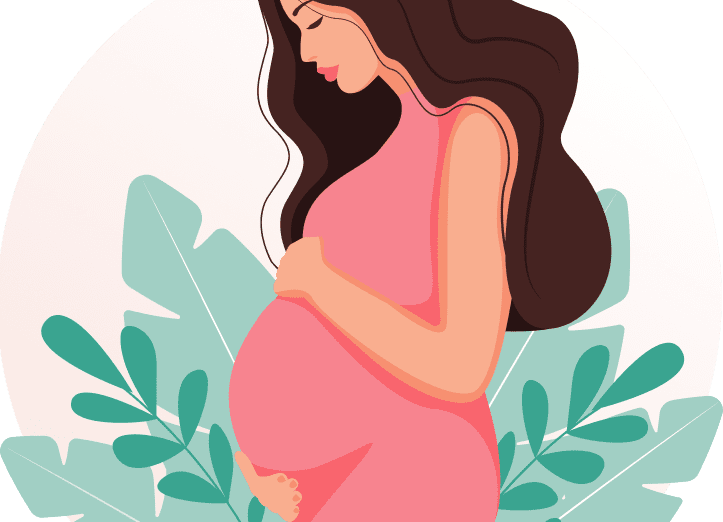





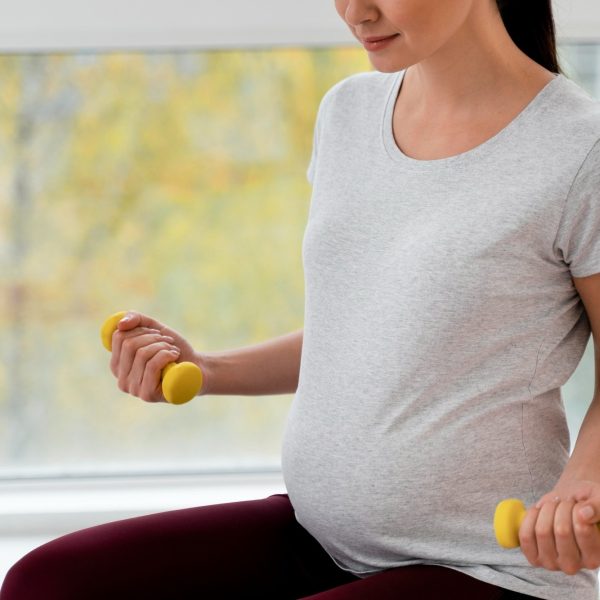
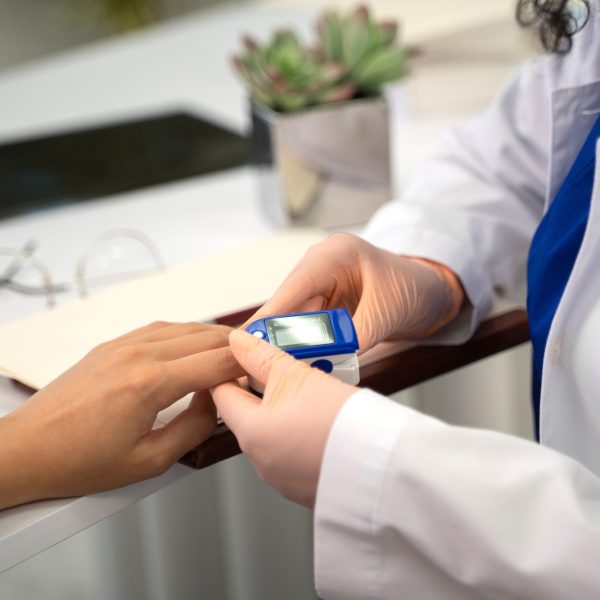
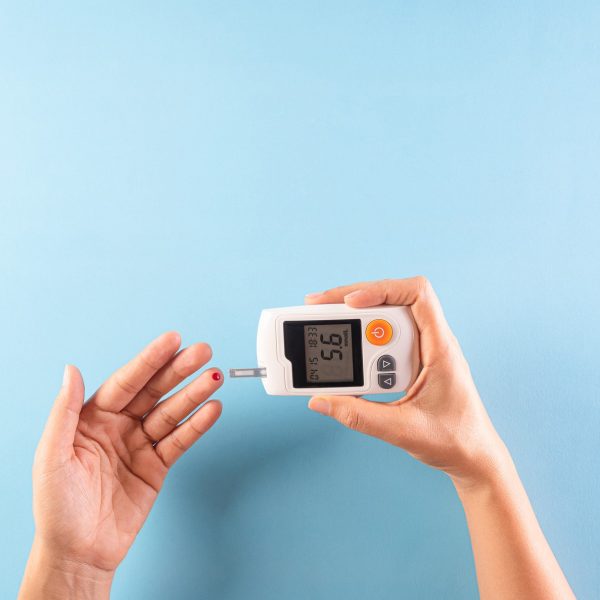



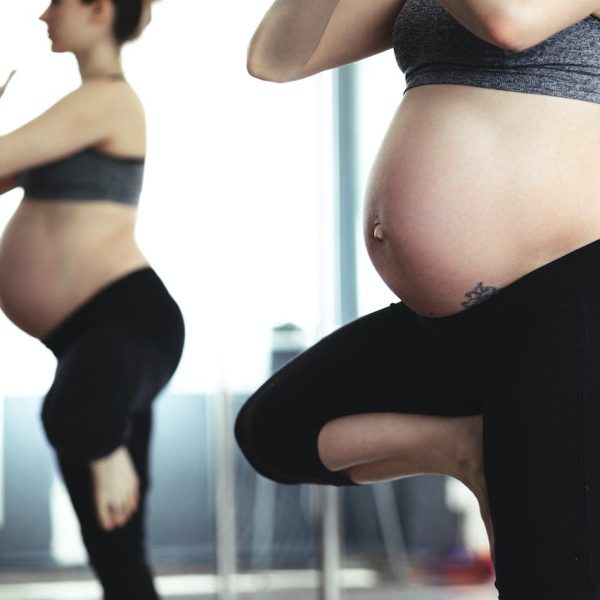








Share this article